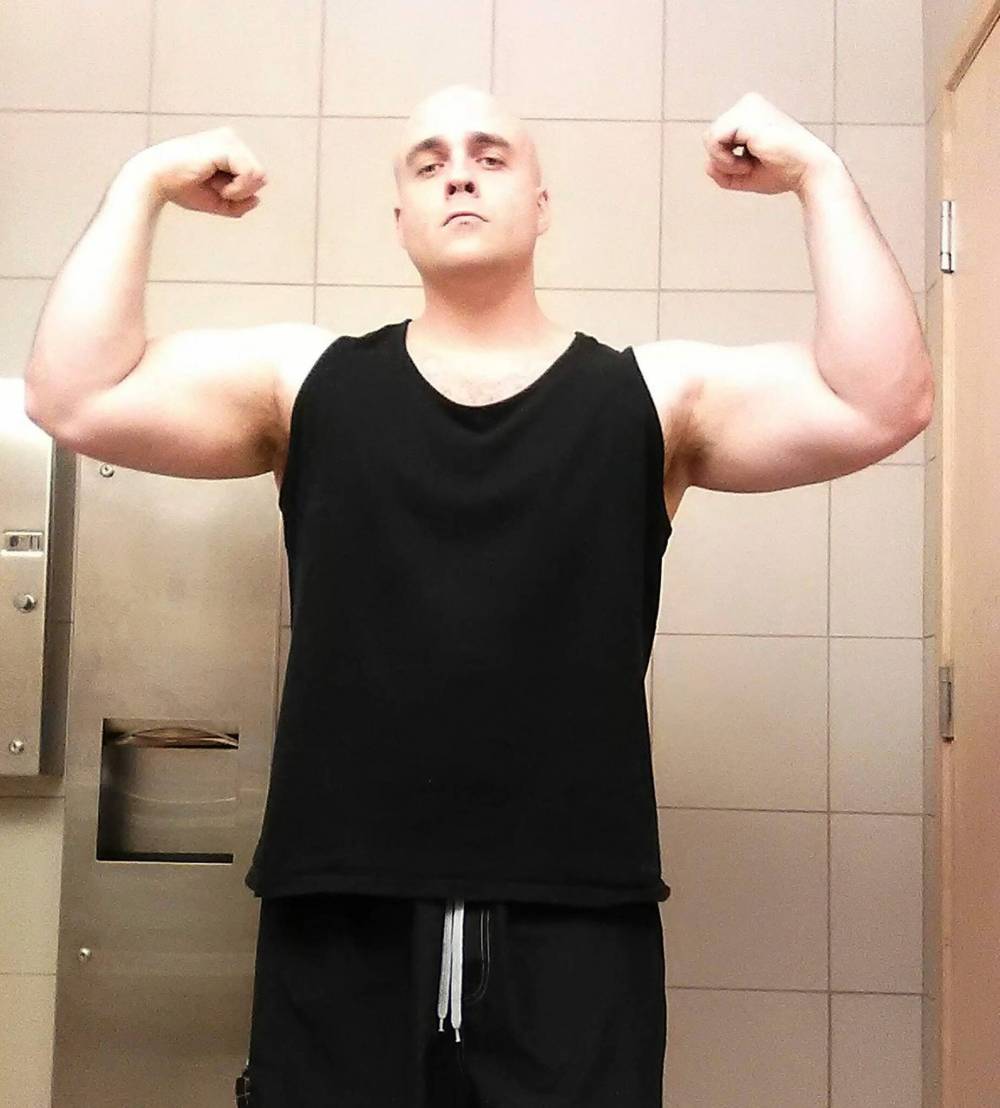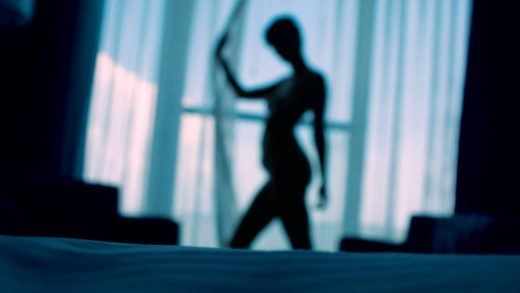
The case against a Winnipeg man accused of murdering four Indigenous women will be heard by a jury, a judge has ruled.
The ruling paves the way for a jury selected last week to begin hearing evidence in his trial beginning next Wednesday.
Skibicki, 37, has pleaded not guilty to four counts of first-degree murder in the May 2022 slayings of three Indigenous women — Morgan Harris, Rebecca Contois and Marcedes Myran — as well as a fourth unidentified woman who was killed in March 2022. She has been named Mashkode Bizhiki’ikwe (Buffalo Woman) by Indigenous leaders.
FACEBOOK Jeremy Skibicki has pleaded not guilty to four counts of first-degree murder.
Skibicki’s lawyers have said they will be arguing that he should be found not criminally responsible for the slaying by reason of mental disorder.
In a motion heard this past week, Skibicki’s defence team argued extensive media coverage of the case has biased the jury pool to the extent that he would not receive a fair trial unless tried by a judge alone. In Canada, the Criminal Code mandates that absent consent by the Crown, murder trials are to be heard by a jury.
“I have concluded based on the governing jurisprudence and the evidence before me that this is not the clearest of cases requiring me to override Crown discretion,” King’s Bench Chief Justice Glenn Joyal said Friday. “As a result, the defence motion is dismissed.”
Dr. Christine Ruva, a U.S. psychology professor and expert on the issue of jury bias, testified for the defence that pre-trial media attention creates unconscous bias in a jury pool that is unlikely to be corrected by judicial safeguards and trial processes.
Ruva worked with Skibicki’s defence team on a February poll that found 73 per cent of respondents who were aware of the case said they had a negative impression of Skibicki and 61 per cent said they had an opinion as to his guilt. Of those who said they had an opinion on guilt, 90 per cent expressed the opinion he was guilty.
Of the 14 jurors (including two alternates) selected last week for Skibicki’s trial, nine said they were aware of the case and five said they were not.
Joyal said he gave “limited weight” to Ruva’s testimony, citing her lack of experience and knowledge of the Canadian court system and her “apparent rigid position” that exposure to pre-trial publicity will inevitably lead to bias that is nearly impossible to overcome.
“Not only is that position not supported in Canadian jurisprudence, it appears to exist in contradiction” to the evidence of pollster and defence witness Quito Maggi, who agreed under questioning that a juror’s opinion could change over time if provided new information, Joyal said.
Canadian courts have numerous safeguards to address juror bias, Joyal said, including screening at the selection stage, rules of evidence, instructions on the law and repeated reminders to base their verdicts only on the evidence.
“A (juror) faces a heightened civic responsibility when he, she or they take the juror’s oath,” Joyal said. “It is the awareness and consciousness of this heightened responsibility which, in part, nourishes the presumption of impartiality. While it is expected that jurors, much like judges, are shaped by their lived experience — including the media they digest — in the Canadian judicial system we believe jurors are able to rise to the heightened expectation required of the role in order to ensure a fair trial is provided to a person.”
Joyal’s ruling won’t change how Skibicki’s defence team handles the case moving forward, lawyer Leonard Tailleur said outside court.
“Onwards and upwards we go to the jury trial,” he said.

Dean Pritchard
Courts reporter
Someone once said a journalist is just a reporter in a good suit. Dean Pritchard doesn’t own a good suit. But he knows a good lawsuit.
Read full biography


